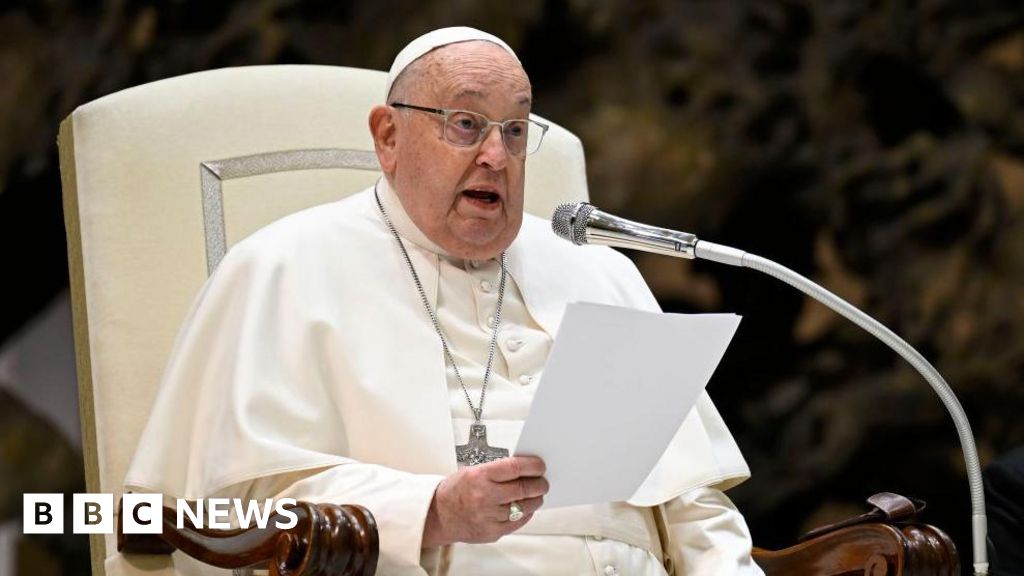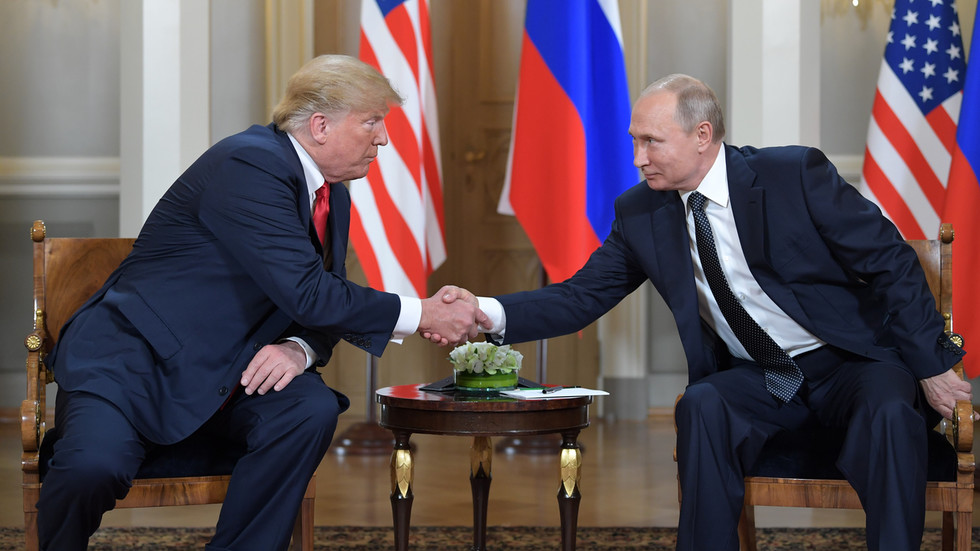In April, Vuong Dinh Hue, a high-ranking member of Vietnam's Communist Party, stepped down from his role as National Assembly chairman over unspecified "violations" of party regulations.
The party's Central Committee said that Hue had resigned from Vietnam's fourth highest political office over "shortcomings," without including specifics.
According to reports in state media outlet VN Express, the party's Central Inspection Committee said the "violations … affected the reputation" of the party.
Hue, a 67-year-old lawmaker and a veteran within Vietnamese politics, had served as assembly chairman since 2021. He also served as Vietnam's deputy prime minister from 2016 to 2020.
His resignation marked another top-level official who has recently left their role in Vietnam's communist political sphere.
In March, then-President Vo Van Thuong resigned from his position after just over a year in the role, also over unspecified "violations" of party policy.
 Vo Van Thuong was the second Vietnamese president to step down in two yearsImage: Nhac Nguyen/AFP/Getty Images
Vo Van Thuong was the second Vietnamese president to step down in two yearsImage: Nhac Nguyen/AFP/Getty ImagesHe was the second Vietnamese president to leave the post in two years after Nguyen Xuan Phuc was forced to resign in January 2023 after being blamed for "wrongdoing" following allegations of corruption during the COVID-19 pandemic.
Cracks in Vietnam's power pillars?
Although Vietnam has a fast-growing economy, and is seen as a blossoming production and trade partner for both the US and China, the country is still ruled as an authoritarian, one-party state, which has complete control over the state's functions, social organizations and the media.
Vietnam also has a poor reputation on corruption, political censorship, human rights and civil society.
At the top of the country's leadership is Nguyen Phu Trong, general secretary of the Communist Party of Vietnam. Since 2016, he has mounted a large-scale anti-corruption campaign that has seen thousands of government officials, and business leaders dismissed or imprisoned.
Vietnam's leadership consists of what are called the "four pillars:" the general secretary of the Communist Party, the president of Vietnam, the prime minister of Vietnam and the chairperson of the National Assembly of Vietnam.
For years, unexpected departures within Vietnam's communist political structure were rare. So the spate of high-level dismissals and resignations has raised eyebrows.
Nyugen Khac Giang, a visiting fellow at ISEAS Yusof Ishak Institute, told DW that Vietnam is going through political "turbulence" not seen in decades.
"Vuong Dinh Hue's resignation indicates that we're currently experiencing one of the most turbulent periods in post-war Vietnamese politics. Since 1956, none of the 'four pillars' have had to step down mid-tenure, yet three have fallen within the past two years," he said.
Zachary Abuza, a political scientist focusing on southeast Asian politics at the National War College in Washington, said that Trong started the "blazing furnace anti-corruption campaign" because he "believed that the party's legitimacy was at stake."
"In many ways the party has emerged weaker. The churn in leaders is destabilizing. The purge of senior officials has weakened the party organization. But it has also delegitimized the party in the eyes of the people. It's not just one or two bad apples, it's all of them," he added.
 Nguyen Phu Trong sits at the top of Vietnam's power structure Image: LUONG THAI LINH/dpa/picture alliance
Nguyen Phu Trong sits at the top of Vietnam's power structure Image: LUONG THAI LINH/dpa/picture alliance A more hard-line Politburo?
Abuza pointed out that five members of Vietnam's 18-person Politburo have been forced to resign since December 2022.
The Politburo of the Central Standing Committee of the Communist Party is the highest decision-making body of the Communist Party.
However, the Politburo has seen some changes, and includes several members from Vietnam's Ministry of Public Security (MPS).
"The thing that should be very concerning to Vietnamese right now is the domination of the security bloc on the Politburo," Abuza said.
"All had long careers in the MPS, which has shaped their world view," he added.
In leaked Politburo documents titled "Directive 24," dated from July 2023, plans were revealed to increase media censorship and surveillance, and squash civil society and limit foreign influence.
A report on the Politburo documents, which was published by "Project 88," a group advocating free speech in Vietnam, said that for years the US and the EU "have argued that deepening ties with Vietnam will help promote human rights in the country," but that the national security policy revealed in the document "puts to rest this magical thinking."
Economic impacts of corruption crusade?
The shakeup in government positions, and the harder track on national security, come less than a year after the US and Vietnam upgraded their ties to comprehensive strategic partners. The US is Vietnam's second-largest trade partner, only behind China.
US, Vietnam upgrade relations
Analysts say Vietnam's high-level corruption allegations could worry foreign investors.
And the recent case of Vietnamese businesswoman Truong My Lan who was sentenced to death after a Vietnamese court found her guilty of embezzling around $12.5 billion (€11.6 billion), has also been opposed by Vietnam's Western partners.
"The instability is troubling for a country that has seen remarkable elite political stability over the past four decades following its market reforms in 1986," said expert Giang.
"Restoring normalcy is crucial to reassure concerned investors, but this won't be easy, given the current dynamics of the anti-corruption campaign," he added.
But despite this and the recent political infighting, Vietnam's communist regime isn't at risk of capitulating, US political scientist Abuza said.
"The party isn't going any time soon. It still has a nationwide organization and legitimacy based on their leadership in gaining independence and reunification and the country's economic development since 1987," he said.
"But that doesn't mean they aren't confronted with a lot of challenges. Their political system creates a very small and shallow gene pool at the top. Politics has never been this personalized, nasty, and zero sum. The party infighting right now is doing lasting damage to the Communist Party," he added.
Edited by: Wesley Rahn

 9 months ago
43
9 months ago
43









